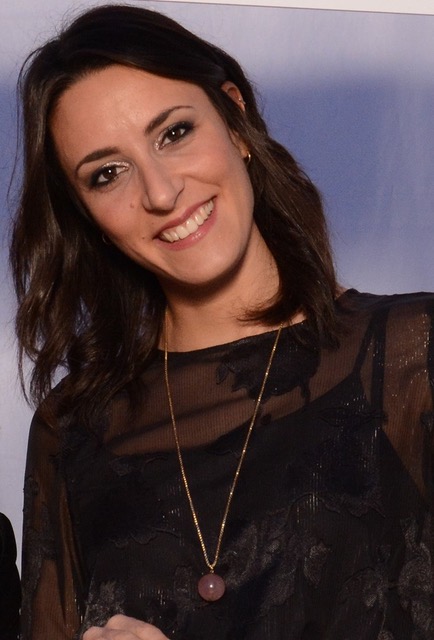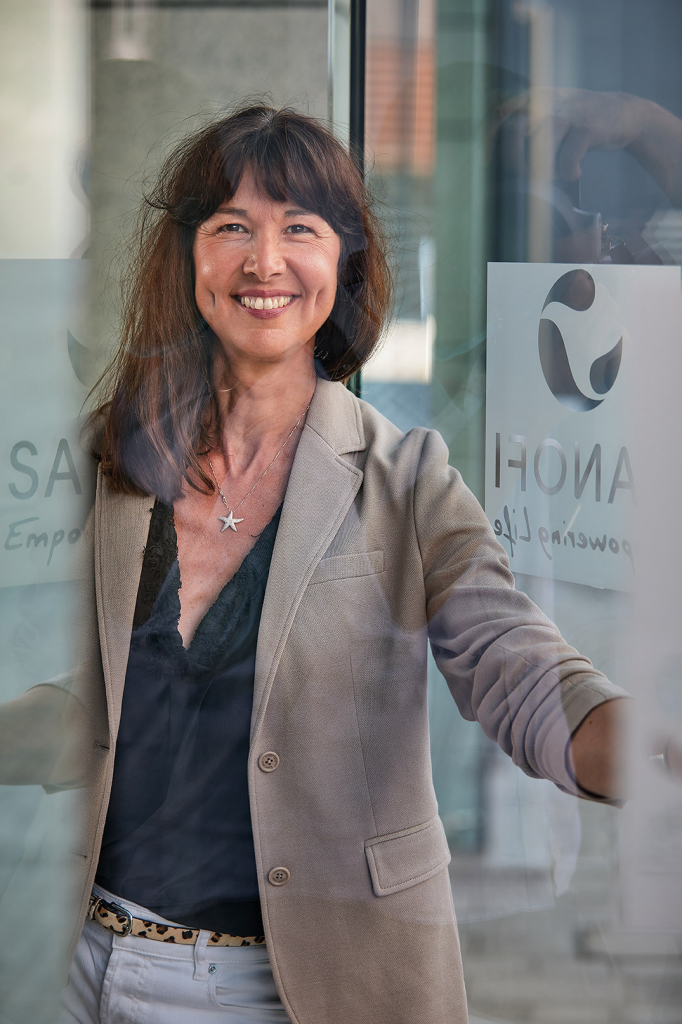Woman Empowerment at Sanofi - Female leadership, against the gender gap
By the Editorial staff
Thanks to Sanofi’s respect for the diversity of its employees, it has long chosen to prioritise the creation of an inclusive workplace, where everyone feels comfortable showing up as their true selves – in terms of their age, religion, gender identity, race, sex or sexual orientation. Sanofi prioritises concrete actions to achieve this, which is reflected in its Play to Win global strategy, based on the ‘four pillars’, including 'Reinvent Wow We Work', strongly linked to Diversity & Inclusion. The gender gap is of course one important aspect of this and remains a major barrier worldwide. To address this, Sanofi has committed to achieving equal representation among its senior leaders by 2025 and has a Gender Balance Board to support regional networks around the globe, sponsor initiatives to promote gender balance in the company and provide role models striving to reinvent how we work.
At Sanofi Italy – which already boasts an impressive 48% women in leadership positions, in a workforce that is 41% female – one such initiative is the Woman Empowerment Project, which began in January 2020 and will run for three months. It involves 30 young women from all area offices, the field force and industrial sites. The aim is to help participants develop their leadership skills and gain insights into their strengths and perceived weaknesses, which often reveal themselves to simply be differences. Over the course of workshops and team coaching sessions – all of which currently take place online – participants work on awareness and self-promotion, explore the value of diversity, how to develop their own leadership styles, and other ways of uncovering their potential. The project also involves 10 sponsors – male and female managers – who support participants through mentoring, activities and phone calls, in groups or one-to-one. Sponsors also promote similar projects within the company and offer participants practical support on their career paths.

Silvia Ramini, a Project Manager Marketing Excellence who has been an enthusiastic participant in Women Empowerment, told us a little about her experience with the project and her career path at Sanofi.
Silvia, do you feel that women need more support in the workplace than men do?
"I am just beginning my career, I’m not quite 30 years old. I feel very lucky so far, because I have never had the impression that being a woman was in any way limiting, but when I look around, I do see that the battle continues. While I’m very happy and proud that Sanofi is invested in this and consistently takes concrete action, I did have a somewhat provocative answer to the question. In a perfect world, women would not need any special support or help – we know they are a force of nature. What is really needed is change that leads to a more inclusive culture, and the Women Empowerment project is very consistent with Sanofi’s approach to this issue. The course led me to appreciate a metaphor I recently heard: One candle can light an infinite number of other candles. Continuing to promote, with big and small initiatives, a culture based on inclusion, that works towards gender and all other types of inclusion, can be contagious and very important"

Emmanuelle Valentin - General Manager General Medicines for Italy, brings a different perspective to the issue of empowering women, with her extensive experience in leadership positions, the first of which she held when she was only 29 years old.
"When I began my career, I thought it would be the same for me as for a man to start my career, but a few years in I realised there were some differences. I initially thought that if I was competent and delivered, I would not need more support than men, but I gradually realised I needed more, because even being better than men in terms of deliverables and other measurable outcomes wasn’t enough; what I needed support with was the soft part – to dare to share my ambitions and ask for things. When I reached my first leadership position I was the youngest person there and the only woman on my team. I knew I was at their level and added value, but I struggled to articulate and push my ambitions, and at the time I had nobody to advise me, I learned by myself. I hope young women can get this support that I was lacking"
How can women avoid emulating male leadership styles and develop their own?
"It’s always difficult to avoid clichés, but there are differences between male and female leadership styles, also in terms of managerial style. Personally, I was always vigilant about remaining myself, as a woman, starting with my appearance – not believing I had to wear a formal grey or blue suit every day because I was in a management position. In terms of behaviour, over the years I have met some colleagues who, to protect themselves, were even tougher on their teams than men, and often not very good managers. But I cannot blame these women, they were protecting themselves, finding a way to affirm themselves and survive"
So what is the alternative for women?
"Women are much more courageous about delivering and receiving feedback and consider feedback a gift that goes both ways. They are open to feedback and to questioning themselves – sometimes possibly too much. Women also focus strongly on outcomes and facts, instinctively, because they are always self-evaluating based on outcomes, and very quickly alerted when we see if people are better at communicating than doing. Generally women are working hard to prove themselves, before communicating what they will do as though they have already done it"
What concrete, everyday actions can support female empowerment?
"We talk a lot about certain actions, such as creating proper conditions for women in society and companies through coaching, feedback and giving everyone a voice, so I decided to think a little bit outside of the box to answer this. Another concrete action involves enabling men to play their part – I’m thinking specifically of paternity leave here, about the importance of getting men involved in this aspect. It is unfair to always blame men, when fathers in many countries receive so little paternity leave. This is an area where Sanofi is making great strides, but there is a lot of work to be done at the national level, and not only in Italy. While working in several other European countries, I saw significant differences in terms of how having children affected women’s participation in the workforce. I believe that when the respect is there, men and women are very complementary working together and we have to do more to facilitate this, making it possible for women to continue their careers"